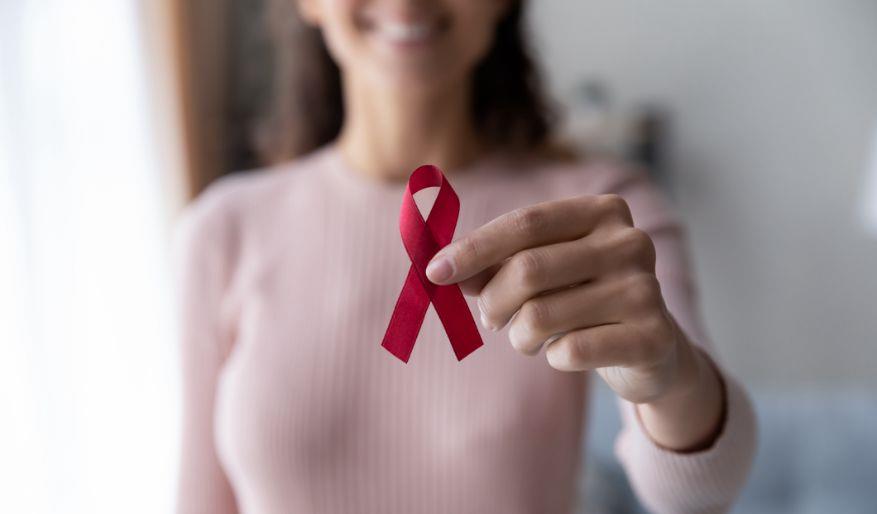Breast cancer is a prevalent form of cancer that demands awareness and proactive measures for early detection and treatment. Unfortunately, several misconceptions surround this disease, which can prevent individuals from seeking timely medical advice. Here, we address five common myths about breast cancer to help clarify the facts.
Myth 1: Breast Cancer Only Affects Women With Larger Breasts
One of the widespread beliefs is that only women with larger breasts are at risk for breast cancer. This is not true. The size of a woman’s breasts has no correlation with her risk of developing breast cancer. Women of all breast sizes can be affected. If there are any concerns regarding breast health, it is essential to consult a qualified medical professional rather than rely on misleading information.
Myth 2: Only Older Women Get Breast Cancer
Another misconception is that breast cancer primarily affects older women. While it is true that the risk increases with age, recent statistics show a rise in diagnoses among women in their 30s and 40s. Factors such as genetic predisposition and family history contribute to this trend. Women should begin performing self-examinations at age 25 and start annual mammograms at 40. Symptoms like breast pain, lumps, changes in nipple appearance, or unusual discharge should never be ignored.
Myth 3: Underwire Bras Cause Breast Cancer
Many people believe that wearing underwire bras increases the risk of breast cancer by restricting lymph fluid flow, leading to toxic build-up. However, there is no scientific evidence linking bras, including underwire types, to breast cancer. Clothing choices do not influence cancer risk. It’s advisable to focus on known risk factors rather than unfounded fears.
Myth 4: All Breast Lumps Are Cancerous
A common fear is that finding a lump in the breast automatically means cancer. In reality, many breast lumps are benign and not cancerous. It is important to have any breast lump evaluated by a healthcare provider to determine its nature. Professional assessment is crucial to distinguishing between benign and malignant conditions.
Myth 5: Antiperspirants or Deodorants Cause Breast Cancer
Concerns have been raised about the presence of aluminum and parabens in antiperspirants and deodorants, with some believing they may lead to breast cancer. However, current research does not support a direct link between the use of these products and the development of breast cancer. Understanding the facts can alleviate unnecessary worry over everyday items.
Conclusion
Dispelling these myths is essential for fostering informed health decisions. Awareness of breast cancer and its risk factors can empower women to take charge of their health. Regular screenings and self-examinations play a vital role in early detection.
Always consult with your doctor or a healthcare professional before making significant dietary changes for your health. They can provide personalized guidance based on your medical history and current health status.
Note: If you have any health-related concerns, please call us at +91-9058577992 to receive free consultation from our experienced doctors. Thank you.

